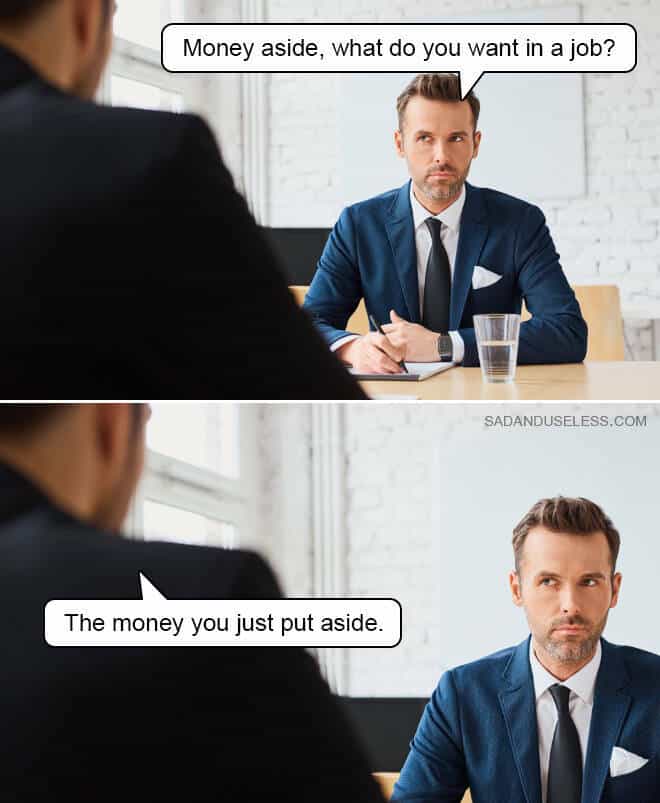What Tesla Really Means by “Evidence of Excellence”

I’ve seen some serious chatter online lately about Tesla’s hiring process. It’s this crazy thing they call “evidence of excellence” – and trust me, they’re not just throwing fancy words around.
Tesla absolutely requires concrete proof that you’re exceptional before they’ll even consider hiring you.
Let me break down what this really means if you’re trying to land a job at one of the most innovative companies on the planet.
What the heck is “evidence of excellence” anyway?
When Tesla talks about “evidence of excellence,” they’re looking for cold, hard proof that you’re not just average at what you do.
This isn’t about having a fancy degree from Harvard (though that probably doesn’t hurt). It’s about showing you’ve actually accomplished something impressive.
What counts as evidence? Think:
- That time you solved a seemingly impossible engineering problem
- When you increased efficiency by 30% on your team
- How you led a product launch that crushed expectations
- Projects you built outside of work that demonstrate your passion
Elon Musk himself has said he doesn’t care much about college degrees. He wants people who have demonstrated exceptional ability, regardless of their background.
How Tesla puts your “excellence” under the microscope

Tesla’s hiring process is like the gauntlet from American Gladiator, but for your brain. They integrate this “evidence of excellence” concept at every step:
Application screening
Right from the start, they might ask you to submit a specific example of your excellence alongside your resume. No vague claims allowed!
Recruiter phone screening
Recruiters dig into your background, verifying those standout contributions you’ve claimed. They’re like human lie detectors for resumes.
Technical and behavioral interviews
This is where things get real. You’ll need to explain, in excruciating detail, how you’ve tackled complex challenges in the past. They want to know your exact thought process, contribution, and results.
“The Loop” (panel interviews)
During this intense interview marathon, you’ll present your toughest solved problem and face a firing squad of questions designed to test if you really know your stuff. No faking your way through this one, folks.
Final review
Even at the end, senior leadership reviews everything, and sometimes they’ll ask for additional written evidence of your excellence. Yes, even after all those interviews!
Why is Tesla so obsessed with “evidence of excellence”?
Tesla isn’t your average company making average products. They’re pushing the boundaries of what’s possible in automotive and energy tech. That environment requires people who can:
- Solve problems no one has solved before
- Work independently without constant guidance
- Innovate when there’s no clear path forward
- Handle immense pressure without crumbling
Their “evidence of excellence” approach filters out people who just talk a good game but can’t actually deliver when it counts. The company simply can’t afford to hire mediocre talent if they want to maintain their innovation edge.
What kind of excellence fits Tesla’s culture?

Tesla values technical skills, obviously, but they’re equally interested in soft skills that align with their core values:
Innovation: Can you create breakthroughs, not just incremental improvements?
Drive and perseverance: Will you push through when things get tough? Can you work hard even when the path isn’t clear?
Teamwork: Can you function effectively in collaborative, cross-functional teams?
Integrity and bias for action: Do you take ownership, move quickly, and deliver results honestly?
You need to show excellence in these areas if you want to stand out.
How to present your “evidence of excellence” like a pro
If you’re aiming to get hired by Tesla, here’s how to prepare and present strong evidence:
Be ridiculously specific. Vague statements like “I improved team performance” won’t cut it. Instead, say “I redesigned our testing protocol, reducing quality issues by 45% and saving $2.3M annually.”
Use the STAR method. Structure your examples with the Situation, Task, Action, and Result to clearly communicate your impact.
Quantify everything possible. Numbers speak louder than words. Percentages, timelines, and dollar amounts make your achievements concrete.
Prepare for intense questioning. Interviewers will dig into every aspect of your story to confirm you really did what you claim. Be ready to explain every decision you made.
Show genuine passion. Connect your examples to Tesla’s mission. Explain why excellence matters to you personally.
Real candidate experiences with Tesla’s process

Let’s be real – Tesla’s process can be brutal.
Former candidates report that the demand for proof of excellence can drag the hiring process out for weeks or even months. Some have submitted detailed write-ups late in the process only to wait anxiously for final approval.
One engineer I read about had to submit three different “evidence of excellence” write-ups before finally getting an offer. The process took nearly three months from start to finish!
How Tesla’s approach compares to other companies

Tesla’s focus on evidence of excellence is pretty different from typical hiring approaches that rely mostly on credentials or generic interviews.
While Google might put you through brain teasers and Amazon might drill you on their leadership principles, Tesla wants concrete proof of past excellence as the best predictor of future performance.
This approach is directly tied to Elon Musk’s vision. He’s said repeatedly that he’s building a team to accelerate sustainable energy solutions, and that requires only the best talent in the world.
If you’re thinking about applying to Tesla, you better start gathering your evidence of excellence now. And not just any evidence – the kind that shows you can solve problems no one else can, work harder than everyone else, and deliver results that make people say “wow.”
Because at Tesla, being “pretty good” just isn’t good enough.

